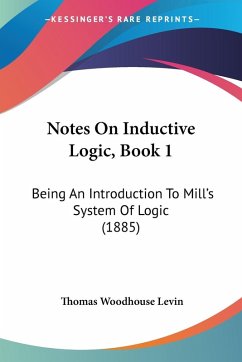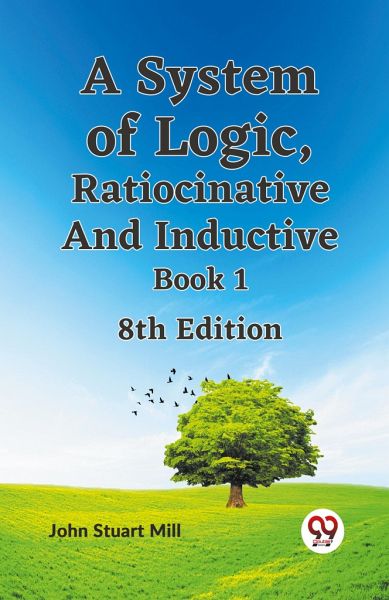
A System Of Logic, Ratiocinative And Inductive Book 18Th Edition

PAYBACK Punkte
0 °P sammeln!
The renowned British philosopher and political economist, John Stuart Mill, is credited with the authorship of a significant work entitled "A System of Logic, Ratiocinative and Inductive." The readers' curiosity is piqued, prompting them to persist in reading further, as the protagonist exhibits a notable inclination for self-gratification. Certain narratives might be characterized by their macabre and unconventional nature, while others possess a subtle allure that gradually captivates the reader. This study provides a comprehensive analysis of the principles and approaches of logic, aiming t...
The renowned British philosopher and political economist, John Stuart Mill, is credited with the authorship of a significant work entitled "A System of Logic, Ratiocinative and Inductive." The readers' curiosity is piqued, prompting them to persist in reading further, as the protagonist exhibits a notable inclination for self-gratification. Certain narratives might be characterized by their macabre and unconventional nature, while others possess a subtle allure that gradually captivates the reader. This study provides a comprehensive analysis of the principles and approaches of logic, aiming to build a systematic foundation for the processes of reasoning and induction. Within this seminal academic publication, Mill delves into the intricacies of logic, delving into the nuanced distinctions between deductive reasoning, also known as ratiocinative reasoning, and inductive reasoning. The rules governing both forms of inference are thoroughly delineated by the author, who also provides a systematic approach for generating sound arguments and performing empirical research. The significance of Mill's work lies in its substantial impact on the progression of the scientific method, as it underscored the crucial role of empirical evidence and experimentation as integral elements in the derivation of conclusions. The author initiates a scholarly discussion concerning the canons of induction, which comprise the techniques of agreement, difference, and concomitant variation.




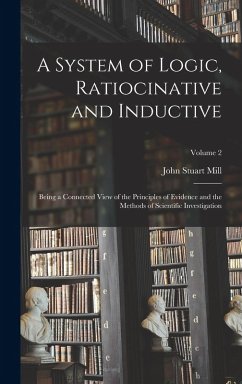
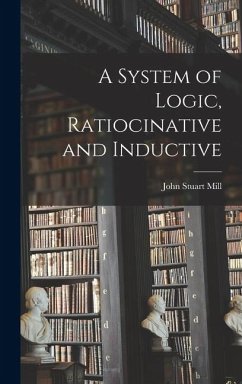
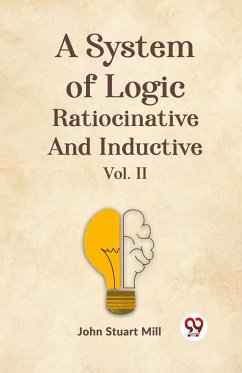
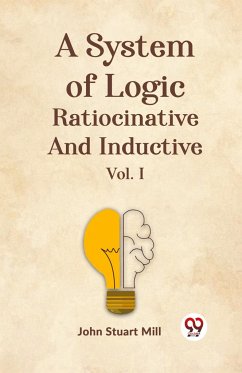
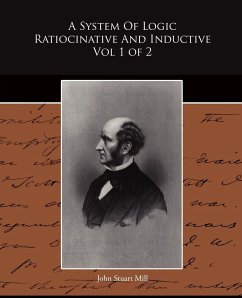
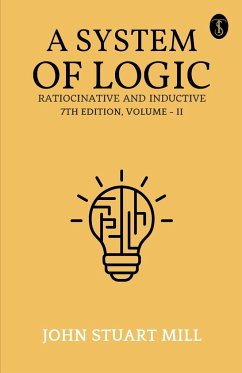
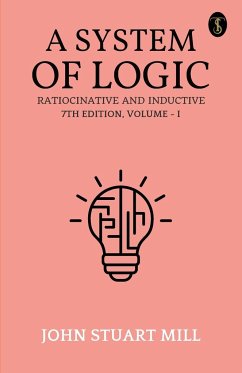

![Logic, Deductive and Inductive [microform]; Read, Carveth, Cover Logic, Deductive and Inductive [microform]; Read, Carveth,](https://bilder.buecher.de/produkte/65/65500/65500490n.jpg)
